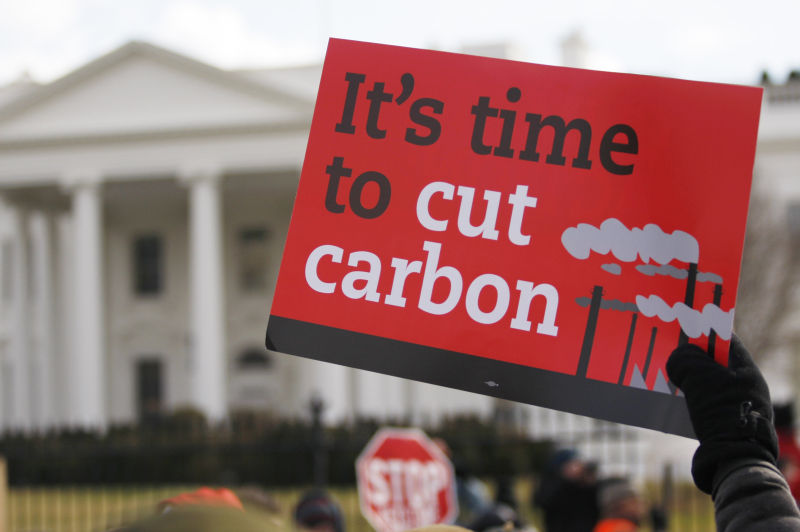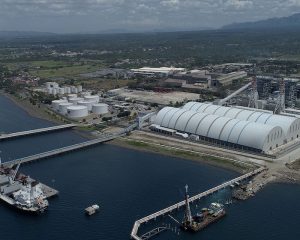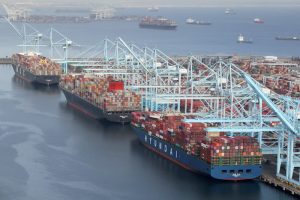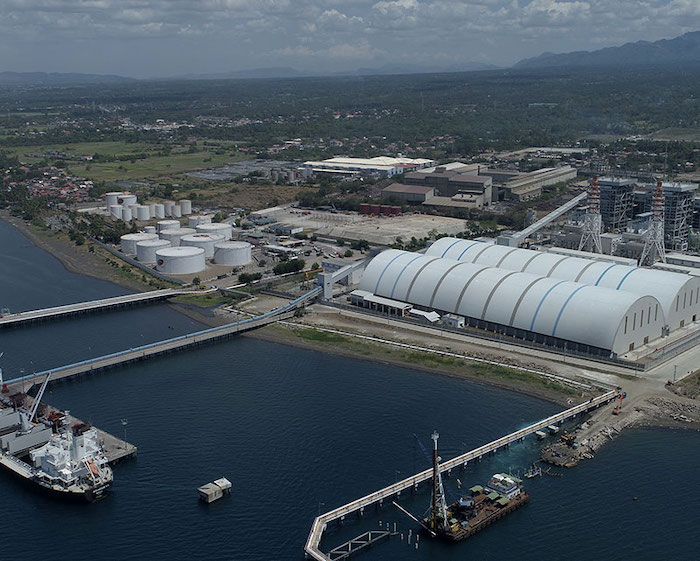A group of financial associations, representing the world’s largest banks, asset managers and law firms, says the world’s carbon markets will do little to arrest global warming to 1.5 degrees Celsius, the minimum level recommended by climate change experts.
A report released on Thursday by the Global Financial Markets Association (GFMA) and Boston Consulting Group found that close to 80% of greenhouse gas (GHG) emissions are not covered by regulated carbon pricing.
“In order to meet the Paris Agreement goals, price levels need to increase to an estimated $50-150/tonne average by 2030 from the current global average of less than $5/tonne,” the report said.
The report identifies called for “deep and liquid carbon markets” to improve global and regional pricing effectiveness to significantly accelerate carbon reduction.
The report also highlighted challenges that need to be overcome, saying carbon pricing mechanisms such as Emissions Trading Systems were “insufficient in terms of geographic scope, sectoral coverage, and decarbonisation rates”.
“Effective carbon pricing in the economy is one of the strongest tools to drive changed outcomes, treating GHG emissions as a time limited resource,” said Steve Ashley, head of wholesale at Nomura and chairman of GFMA.
GHG emissions have increased by 50% over the past 30 years, with the world having warmed by approximately 1 degree Celsius and an increase of 1.5 degrees Celsius expected within the next few decades.
“To limit a further temperature rise, a rapid scaling of carbon markets is required in order to mobilise an estimated $100-150 trillion investment needed across sectors and regions,” Kenneth E Bentsen, GFMA chief executive, said.
The report recommends that banking and capital markets firms can help develop carbon markets through capabilities and product offerings that help market participants in their compliance, decarbonisation, risk management and investment needs.
GFMA represents financial and capital market participants to provide a collective voice and advocates policies to address risks.
Its report follows the release of a United Nations Environment Programme study on Tuesday, which warned that humanity is running out of time to limit global warming.
• George Russell
READ MORE:
China’s Emissions Trading Market Opens with 4m Tonnes of CO2 Deals
China to launch national emissions trading in mid-2021
Sinopec ramps up hydrogen pivot, others need to follow
























